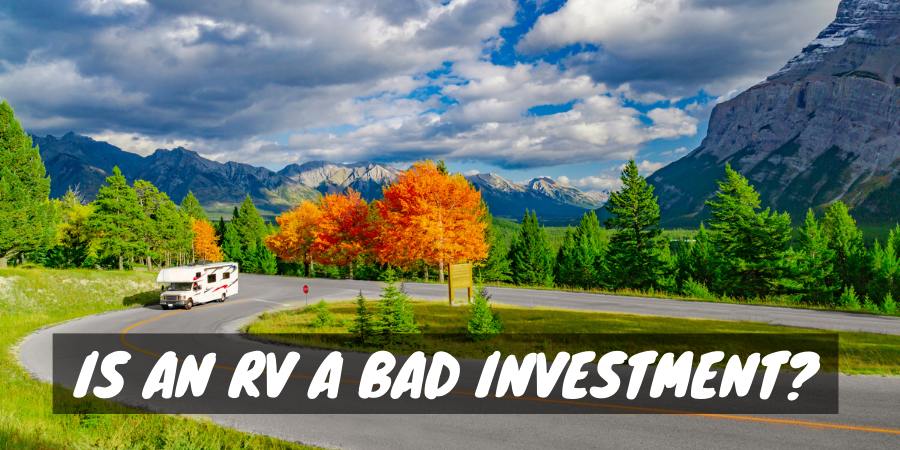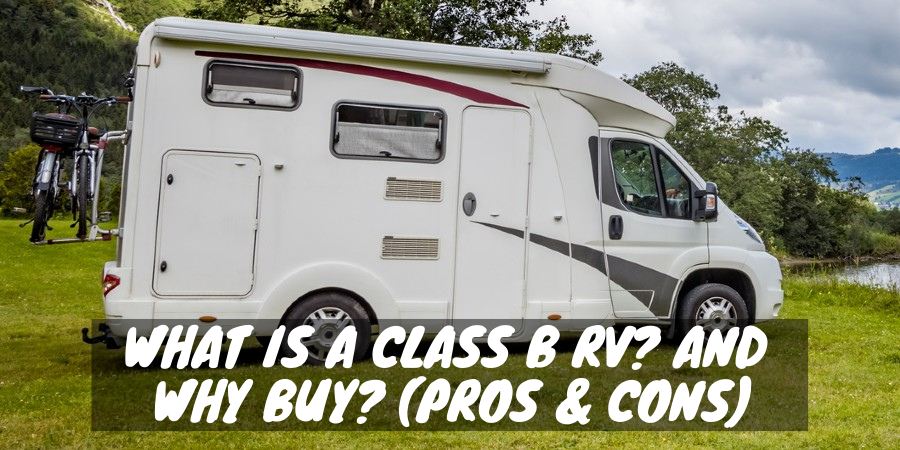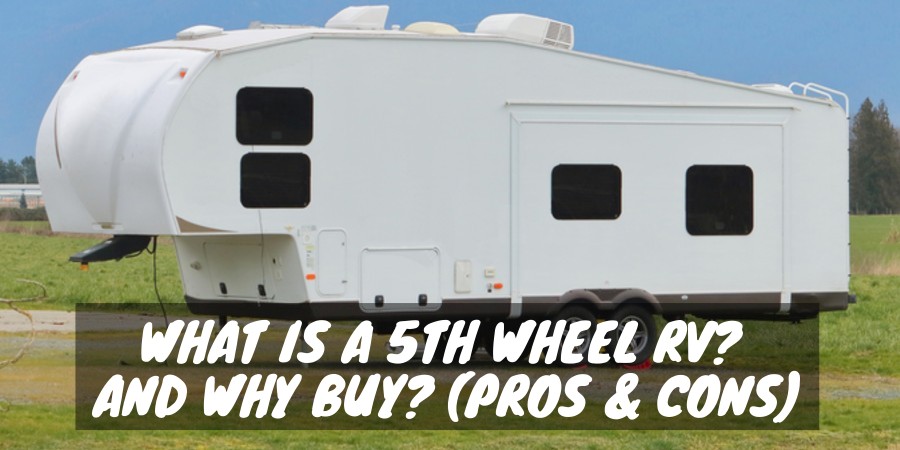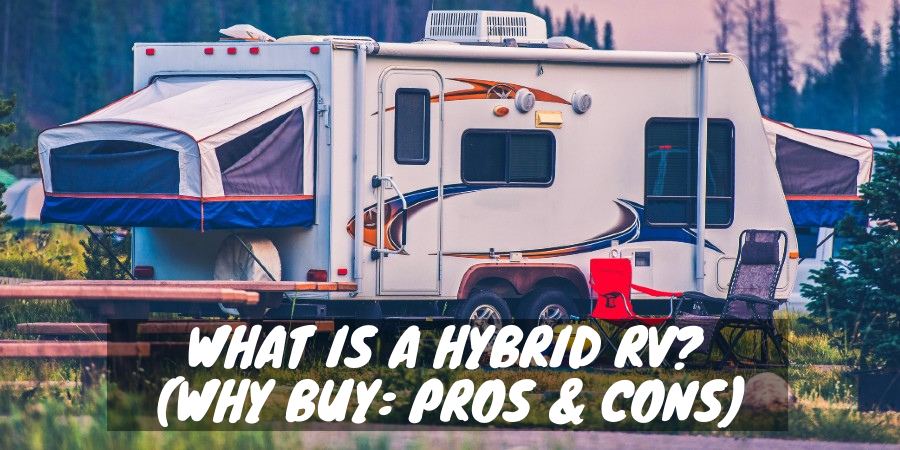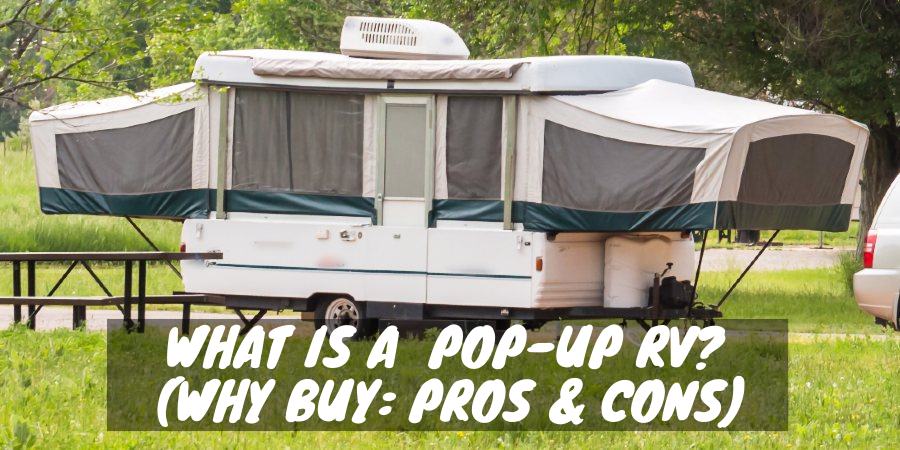Do you like the idea of hitting the open road in a camper but wonder if an RV is a bad investment?
Recreational vehicles are often expensive to purchase and equally costly to maintain, but not all are bad investments.
In fact, with the right camper at the right price, you’ll be gaining priceless memories and lower-cost vacations for a win-win situation.
To help you see if investing in an RV is worth it to you, I put together this guide to explain how to protect yourself when buying any recreational vehicle so that you can get your money’s worth.
So stay right here to learn which RVs depreciate the fastest, how much new RVs cost, the difference in price between an RV vacation or a hotel, and ways to squeeze every inch of value from RV ownership!
RV Investment vs. Depreciation
To begin calculating whether or not you should invest in an RV, you need to first learn about how campers depreciate and which types lose value fastest.
While this information doesn’t mean you should never buy a specific type or size of RV, you need to weigh the cost vs. enjoyment of owning one.
Please remember that RVs are not ever going to be a way for you to create a profit. Rarely will you sell a camper for more than you paid or even break even on the deal.
Currently, RV buying and selling is hot, with interest in RVing at an all-time high. But market conditions change quickly, so don’t think that a vintage Airstream purchase is going to net you a bunch of cash if you decide to sell down the road.
Average RV Depreciation Statistics
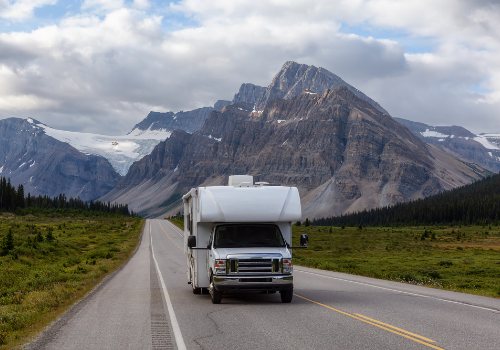
I split the general depreciation of RVs into categories to see at a glance what to expect for Class A and C motorhomes, travel trailers, and fifth wheels.
Class A Motorhomes
- Year 1: 18%
- Year 3: 28%
- Year 5: 37%
- Year 10: 57%
- Year 15: 78%
Class C Motorhomes
- Year 1: 17%
- Year 3: 25%
- Year 5: 35%
- Year 10: 53%
- Year 15: 70%
Travel Trailers
- Year 1: 19%
- Year 3: 27%
- Year 5: 36%
- Year 10: 48%
- Year 15: 65%
Fifth Wheels
- Year 1: 21%
- Year 3: 27%
- Year 5: 36%
- Year 10: 51%
- Year 15: 72%
You can easily use these stats to take the retail price of any RV you like and see what to expect for depreciation.
Keep in mind that the chart is for RVs kept in good condition. The actual value will be higher or lower if it’s in excellent shape or was neglected.
After 20 years, well-maintained RVs should still be functional and should last another 10-20 years. However, expect after 20 years for all types of recreational vehicles to depreciate 80-85%.
Buying a used RV is a great way to offset your investment versus value quickly. If you plan to keep your RV and use it often, the investment value grows.
For example, I paid $4,000 for my used 1984 Class C motorhome with 19,400 miles about ten years ago. I confess that I overpaid by at least $1,000, but I was helping out a family friend who could use the extra cash.
I spent around $6,000 for upgrades, renovations, and new hoses and belts in the engine and began full-time RVing.
I’ve been enjoying the freedom of discovering all the wonders of this country for years now, something that couldn’t happen in my “old life.”
I live frugally (not the same thing as cheaply), saving money where I can.
Luckily, between my DIY skills and the old-school, high-quality construction and engine of my motorhome, I’ve had to spend less than $2,000 total for upkeep and repairs over that span.
Do I think I’ve made a bad investment? Heck no!
If, on the other hand, I own a new $85,000 Class C motorhome and only took it out a few times each summer when the kids were out of school, I may not feel it’s a good return on my investment.
Why?
What most people forget about RV ownership is that there are ongoing expenses once you buy a camper. Insurance, maintenance, fuel, RV memberships, winter storage fees, and roadside assistance packages don’t magically stop once you bring that RV home.
Paying for these items when the camper sits unused is a waste of money. For the basic RV needs above, before spending a dime on gas or campground fees, expect to pay $100-$200 each month you own the camper.
The Cost of New Recreational Vehicles
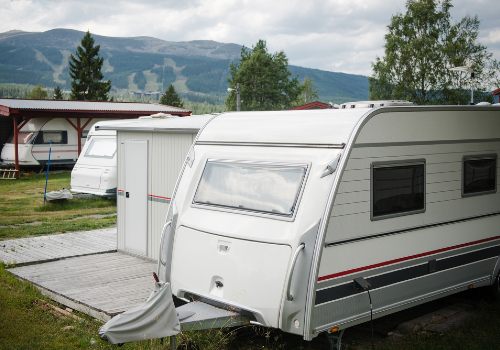
Before you can expect to figure out whether or not an RV is a good or bad investment, you need to know how much it costs to buy a new RV.
Most recreational vehicles will fall into the $10,000-$300,000 range, making it hard to generalize what your initial investment will be.
To help you better gauge an initial RV investment, here are all the various types of RVs and their average price according to RVIA:
| Teardrop Trailer | $20,000 |
| Pop-up Camper | $14,000 |
| Truck Camper | $32,000 |
| Small Travel Trailer (under 25 feet) | $25,000 |
| Large Travel Trailer (over 25 feet) | $45,000 |
| Fifth Wheel | $75,000 |
| Toy Hauler | $70,000 |
| Destination Trailer (Park Model) | $50,000 |
| Class A Motorhome | $170,000 |
| Class C Motorhome | $65,000 |
| Class B Campervan | $90,000 |
For more accurate pricing on specific RV brands or models, you can check out the NADA Guides or RV Trader. With literally thousands of different RV brands and models on the market, it isn’t easy to provide exact figures for RV pricing without doing more research.
RV Vacation vs. Standard Vacation Cost
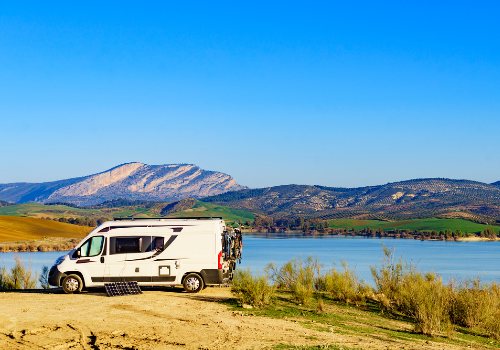
A primary reason people choose to invest in an RV is to take more affordable vacations, but is an RV trip really cheaper than a traditional vacation?
The answer is it depends on an array of various factors, such as:
- Distance to destination
- Cost of fuel
- Length of stay
- Cost of food
- Cost of entertainment
I will break down the variables of each category to help you better understand what an RV vs. hotel vacation will cost. Still, when averaging out charges for week-long trips, the RV vacation is almost always cheaper.
The longer your vacation, the more an RV can save you money. I know of one family of four who travels in their RV for nine weeks each summer, and they say it costs them about the same price as their annual week-long trip to Hawaii over spring break.
Distance to Your Vacation Destination
How you plan to reach your destination will play a large part in whether or not taking an RV will save you any money.
Flying can be costly, but it will save money spent on fuel to drive or tow your camper across a long distance, which is one of the most significant expenses of RV ownership.
To drive 1,000 miles in an RV, expect your average fuel charges to be around $300 each way if you’re getting 10 MPG, and gas is at $3 a gallon. So, for about $600, you can take any number of people to the vacation destination.
If you fly, a single round-trip ticket is sure to cost at least $300. The cost to get to the destination will be about the same for a couple, but if you’re bringing kids or other guests, the cost to fly will be much higher than an RV.
Flying also incurs extra expenses once you land. You’ll need to take a taxi, car rental, or ride-share charges to the hotel into consideration.
Driving a car a long distance will incur lower fuel charges, but you’ll most likely need to stay overnight in a hotel.
RV Campground vs. Hotel Charges
The average cost to stay overnight at an RV campground is $50 for a full-hookup site, and boondocking is almost always free.
The average cost for a hotel room is around $100 nightly.
So, driving a car to a vacation destination will still cost more nightly than an RV park stay.
The longer your vacation, the more nightly charges will accrue, so the savings by taking an RV will keep adding up.
The RV will provide greater cost savings for stays 30 days or longer. Monthly rates at RV parks are a fraction of the cost of a weekly rate, which works out to a nightly rate of only $10-$20.
Meals and Entertainment – RV vs. Car/Plane Travel
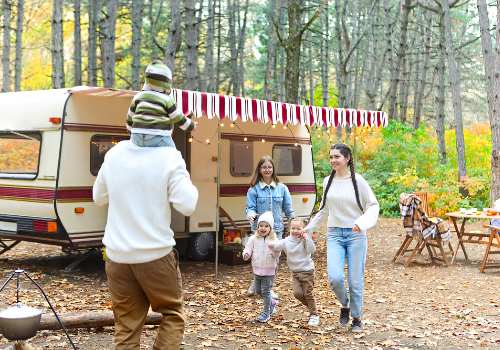
Eating while traveling is another expenditure you need to add to overall RV vs. car.
In an RV, you can bring along and cook food and stop at grocery stores to restock as necessary, which is a massive saving over eating out for each meal.
Even when eating out on a budget, it will cost about $20 a day for fast-food-level meals for one person. However, similar or better-quality food can be bought and prepped in a camper for $5-$10 daily.
Entertainment expenses at your vacation destination could very well be the same whether you’re in an RV or not. What events, museums, attractions, or shopping you usually do will most likely be identical no matter how you reach the location.
Want to Connect With a Community of Over 1,078 RV Enthusiasts?
The difference with most RV trips is that the vacation destination often offers many free entertainment options without the need to go elsewhere. While most hotels have a pool, so do RV parks and often much more.
Recreation, like biking, hiking, fishing, sports, boating, crafts, playgrounds, movie nights, games, or campfires, is a typical option at many campgrounds that you won’t find on-site at most hotels.
The cost to take a family out to the movies can run well over $100 with tickets and drinks, or you can watch a movie under the stars for free, including the popcorn!
Best Ways to Ensure Your RV Is a Good Investment
Here are five ways to get the most value from any RV purchase:
1. Buy the Right RV for Your Needs
Please take a long time to think about how you would like to camp and where you plan to store your camper when not in use.
Do you want to only stay in full-hookup luxury RV resorts? Then you’ll need to fork over for a fancy Class A motorcoach, as many only allow this type of RV.
If you want to stay at the thousands of low-cost campsites at State- and National-parks that place nature at your doorstep, don’t buy a massive camper, as most have size restrictions on RVs over 30 feet in length.
For general camping, a mid-size Class C or travel trailer is a great middle-ground that fits easily into just about any campsite or RV park across the US.
You won’t be inclined to take out your RV if you need to store it off your property when not in use.
In addition, moving an RV back and forth to load and unload and prep for storage can be time-consuming versus a camper you can park in your garage or driveway.
2. Buy Used or Negotiate the Best Price
Escape some instant depreciation and buy a used RV for a better return on investment. If not, don’t rush into a camper purchase; shop around and compare prices so you can negotiate the best deal.
3. Follow a Regular RV Maintenance Schedule
Don’t skimp on RV washes, repairs, or camper and engine maintenance. The better the condition you keep your camper, the fewer major repairs it will need, and the higher the value will be if you choose to sell.
4. Plan Plenty of Road Trips
Don’t let your RV sit idle; use it! Even a ten-mile trip to a local campground for the weekend will feel like a mini-vacation, which often does wonders for your mental health.
The more you use the RV, the lower your cost-per-use vs. price becomes, which increases investment potential.
5. Enjoy the Experience and the Unknowns
RVing is about living in the moment and rolling with the ups, downs, and unknowns while on the road.
Moving from place to place has led to some weird but cool experiences for me. I got to check out places I’d never have seen otherwise and met folks who’ve turned into close friends.
Each experience, good or bad, builds character and memories that will last a lifetime. Embrace it!
Final Thoughts
Is an RV a bad investment?
If you get an RV at the right price and use it often, it can easily be an excellent investment. However, if you pay too much for a camper and barely use or maintain it, it’s not a good investment.
Owning an RV is about living a lifestyle, nothing more or less.
For those of us who can’t imagine giving up the freedom and joys of remote campsites in beautiful locations or low-cost trips to popular destinations, the investment in our RV is worth every last dollar!
Is Buying an RV a Good Investment? (Video)
"Man cannot discover new oceans unless he has the courage to lose sight of the shore."
-- Andre Gide

